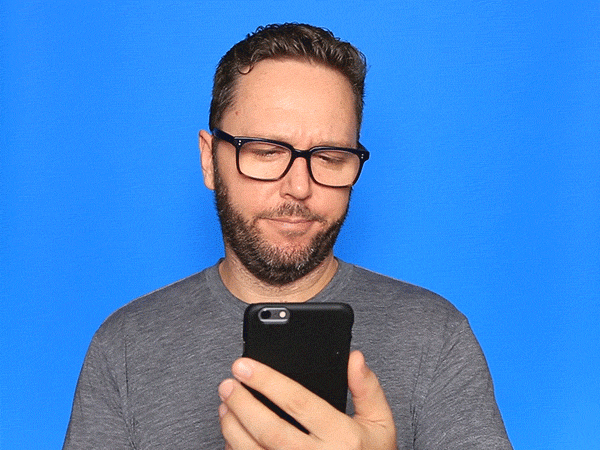5 Ways To Study That Won't Hurt Your Brain Too Much
With finals week approaching, we are all about to start cramming.
Studying, especially for finals, will most certainly make your brain hurt. We have a lot to do: ten-page papers, fifty question exams, six essays, reflections that professor will make you meet at half eight in the morning for (I'm not at all bitter). It can get very tiring and very draining very fast. Here are my favorite tricks to beat the studying pain.
1. Study in increments.
This could be my favorite piece of advice. By studying in increments, an hour or two at a time, you are not going to overwhelm your brain with too much information and put your mind into overdrive. Go eat dinner, watch an episode of "Parks and Recreation" or "Brooklyn Nine-Nine," and sit for 30 minutes to relax. Halfway through the day if you want to have a nap, have one! Give your brain time to process the information and understand what you were trying to learn before putting more information and facts to memorize because you will wind up forgetting everything if you try to do too much in a short amount of time. Don't overload. Don't overwhelm.
2. Don't study in bed.
Honestly? I have never followed this rule, but I am going to try especially hard to follow it next semester. Scientists have proven that by doing homework in your bed, your brain is unable to determine which place is set for working and which is for sleeping. By having this separation, you are going to have a better night's sleep, which is only going to help your focus and drive when you are studying in the morning (and when you have to nap halfway through the day).
3. Set a schedule.
Use a schedule. Use a schedule to map out your days and which finals or paper you are going to complete and accomplish on each day. By having this schedule and a general idea of when you are going to efficiently complete your assignments, you less likely to be overwhelmed by the idea of having six assignments to do on one day, instead of evenly spreading your tasks into two assignments each day.
I'll use my own schedule as an example.
Friday:
Spanish Assignment One
Articles for Odyssey
Work (11-6) - Break: Finish Assignment Four (ENC 3314)
Spanish Assignment Two
Birthday Party
Saturday:
ENC 4212 Paper
UCF Game
Sunday:
Work (12-4)
ENC 3315 Journals
ENC 3315 Paper Three
4. Use a planner/app.
SET. A. REMINDER.
By having a planner or an app on your phone (even using your calendar) you are able to make better use of your time because you have an idea of how long you've been working. If you have two hours of Spanish homework you have been putting off all week (guilty) and you have to work for a seven-hour shift (also guilty), budget your time to know when and how long you need to spend on each assignment in order to get everything done efficiently.
5. Set a time limit.
This is quite possibly my best tip, but setting a time limit to when you are going to stop studying and take a nap, eat dinner, get ready for bed, is going to be your best way to not put your brain into overdrive. When you work past a certain hour, after studying for five-plus hours, your brain is not going to retain any information that you are trying to cram or learn. Getting a good night's rest and taking care of your body will allow you to understand and remember more information than if you're sleep deprived and dehydrated.
Don't worry. It's all going to be OK. You are smart, confident, and ready to take your exam - you have been prepping all semester for this.
Good luck, friends!












 Giphy
Giphy
 Giphy
Giphy


















